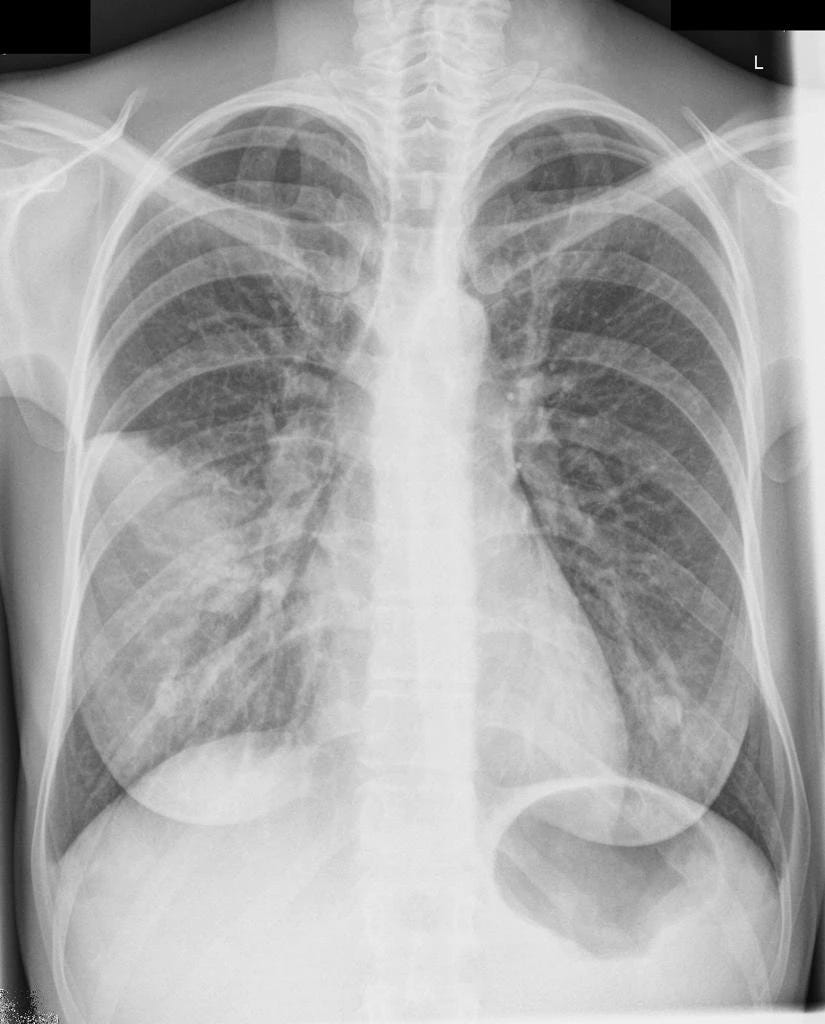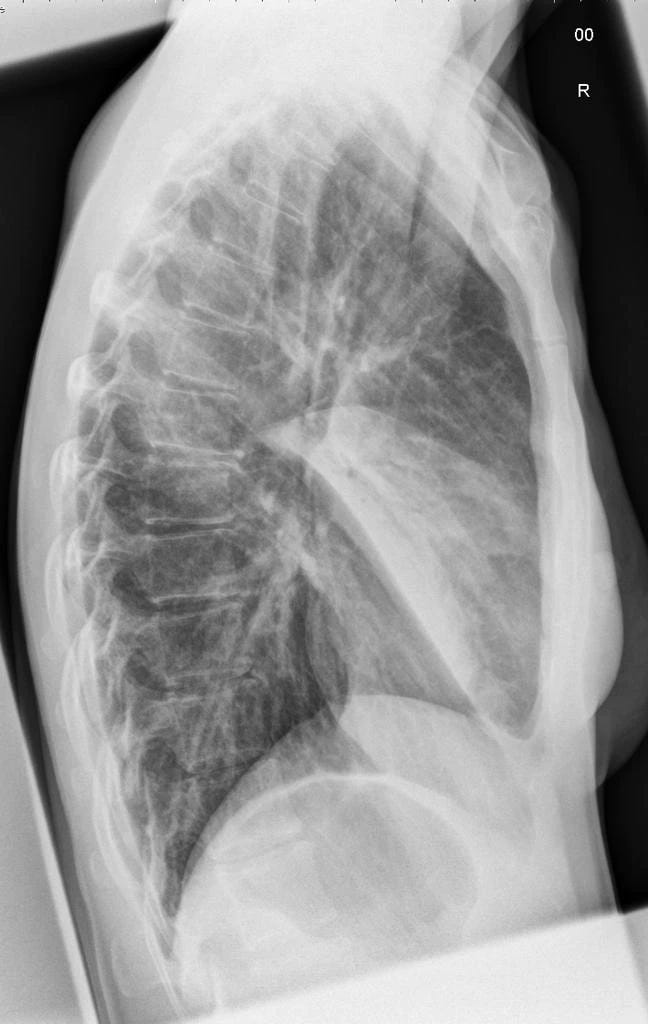Your Daily Meds - 8 December, 2022
Good morning and welcome to your Thursday dose of Your Daily Meds.
Bonus Review: What are some delayed responses to major blood loss?
Answer: These are the responses that restore plasma volume, plasma proteins and red blood cells.
Plasma volume - returns to normal in 12-72 hours
Plasma protein synthesis - is increased in the liver; plasma protein levels may take a couple of days to return to normal
Increased red cell production - erythropoeitin levels increase to stimulate erythropoeisis; reticulocyte levels peak around 10 days; then red cells are restored by 4-8 weeks after haemorrhage
Ward Call:
Just when you are about to end your shift, you get the call:
“Hi Dr, I just wanted to flag a Mrs Boop on 3A who has had low urine output for the past few hours. She already has an indwelling catheter in situ but just thought I would let you know.”
How could you decide if this is anything to worry about (you are, of course, allowed to ask questions over the phone), and are there any instructions that could be given over the phone to potentially fix the issue?
…….so you can go home.
Have a think and meet me further down.
Case:
A 36-year-old female presents to the Emergency Department with a 3-day history of productive cough and fever. On admission, her temperature was 38.3°C, BP 105/62 and heart rate was 126 bpm.
This is her chest x-ray:
What is the most likely organism contributing to this clinical picture?
Klebsiella pneumoniae
Haemophilus influenza
Streptococcus pneumoniae
Legionella pneumophila
Mycobacterium tuberculosis
Have a think and meet me at the bottom.
On Urine….
Some questions you can ask to determine if this call about reduced urine output is an issue include:
How much urine has been passed in the past 24 hours v last couple of hours?
Is the patient complaining of abdominal pain?
What are the vitals?
Does the patient look sick?
What was the reason for admission? AND;
What does the patient weigh?
If the patient looks well, has no symptoms of urinary retention and is passing at least 0.5ml/kg/hr, then this is almost certainly not a problem and certainly should not be triaged over reviewing sick patients. Remember that small patients only need to pass small amounts of urine - this is still normal.
And you might even be able to fix the whole problem by asking the nurse to “flush the catheter” to remove any sediments or clots.
…..then go home….
(Adapted from ‘On Call’- Cadogan, Brown and Celenza)
What caused the Moist Cough?:
Clear case of right middle lobe lobar pneumonia.
Characteristic opacification in a lobar pattern
Sharply defined at the fissures
Evidence of air bronchograms.
The most common cause of, in this case, a community acquired lobar pneumonia is Streptococcus pneumoniae.
Bonus: So what is a reticulocyte?
Answer in tomorrow’s dose.
News: I made a little Ward Call Course for you all. It maps out an Evening Ward Call shift and covers a bunch of common tasks that you may need to do, like:
Deteriorating Patients
Heparin Infusions
Fluid Orders
Electrolyte Replacement
Difficult patients - Discharge Against Medical Advice, Ryan’s Rule
End of Life etc
You can find the course page here:
It’s free and always will be. Let me know what you think.
Remember, you are free to rip these questions and answers and use them for your own flashcards, study and question banks.
As always, please contact me with any questions, concerns, tips or suggestions. Have a great day!
Luke.




